I am not a sports fan. I grew up an arts nerd, and I never learned the nuances--or even the basics--of any of the games, so I never got into them. Don’t blame my parents, though. They were diehard Redskins fans, through the legendary ups and downs of that team, up until the sunset of their lives, when they donated their season tickets to a charity auction.
But me, not so much.
And as for basketball, even though my life was personally and irrevocably carnaged by the way some people involved with college ball handle their shit, still, even after that, the game that started with Naismith’s peach basket engenders in me no feelings. I don’t care about the game. Hate me for it, be bored by me because of it. . . but I do admire someone who knows there is more to life than just “the game”.
None of this explains why I was profoundly saddened by hearing of Kobe Bryant’s death on that overcast Sunday. (Where I lived, it was already raining. The angels had started their sobbing. Although we do know that Kobe is up there hanging out with John Wooden, trading tips.) I had spent from 1992 to 2009 living in Los Angeles; perhaps that explained how much his death rocked my world. You can’t live in that town without being exposed constantly to the whole Kobe Kool Vibe, those few dark moments in his personal history aside. (And my general indifference to basketball notwithstanding, I do remember watching TV with a crowd at a gym in L.A., back in 2000--the Lakers were playing the Portland Trail Blazers, with Portland leading by 15 in the fourth quarter. This was going to be humiliating for Los Angeles. My reaction in the moment was that it would make traffic dangerous going home, because this kind of thing always sets off road rage. By the end of the game, though, after me sitting in unbridled awe at a young upstart named Bryant, who made two lovely free throws, I had been schooled. In how great this game was, and in how much I had missed. With a little magic from Shaq and Shaw, the newish team member #8, helped helm the team to a surprise victory. Quipped a Blazers fan, at Bryant’s 2016 retirement, “Man, I’m going to miss hating you.”)
But I think there is another explanation here. A deeper meaning. Being a storyteller by nature, I believe that all athletes have a story. And when their story is bigger than their game, that’s when I get interested.
“Kobe Bryant was. . .”
“Robin Williams was. . .”
“Heath Ledger was. . .”
“Paul Walker was. . .”
“Cory Monteith was. . .”
“Philip Seymour Hoffman was. . .”
“Amy Winehouse was. . .”
“River Phoenix was. . .”
“Freddie Mercury was. . .”
“Prince was. . .”
“Tupac was. . .”
“Aaliyah was. . .”
“Selena was. . .”
“Whitney Houston was. . .”
“Brandon Lee was. . .”
“Christopher Reeves was. . .”
“John Belushi was. . .”
“Diana, Princess of Wales, was. . .”
Again. A kick to the gut. From one little verb change.
As opposed to the oblivion I mentioned:
“Mark Salling was. . .”
“Jan Michael Vincent was. . .”
“Bob Crane was. . .”
“Carl Swtizer was. . .”
“Peg Entwistle was. . .”
“Roscoe Arbuckle was. . .”
The answer was surprisingly easy to find. Even before any memorial or funeral--for I am writing this the Tuesday after the Sunday he passed--I noticed a pattern in the condolences and commentary that poured out of his friends and colleagues. Everybody was talking about Kobe, the man. Kobe, the person. Kobe, the human being. It was astonishing how few people dwelled at all on what a great athlete he was. And to a soul, this seemed to be not just because that part of Kobe’s legacy was already so obvious, but because that was not the part of him that was the most memorable. It was as though his friends, and those people who had been touched by Kobe even only in passing, knew that Kobe would want to be remembered for other things. For so much more than his stats and his awards.
And truth to tell, this is not always the case with an athlete dying young. (I have written about this before, my personal experience with an athlete dying young, but will not hyperlink it here. I am not writing about Kobe’s death to get people to read more of what I have written. But I think we can all agree that there is something uniquely tragic about an athlete dying young. Perhaps because more than any other profession, they represent the apex of living as an actual physical, human entity.) But, as I was saying: not everybody gets the post mortem response that Kobe did.
When Ken Caminiti died, it was all about what a great player he was and how he well he played, in spite of the torn rotator cuff, but wasn’t is sad that this MVP finally succumbed to his demons? Steve Howe ruined a promising career as a pitcher through his substance abuse, and when he rolled his pickup and died, an autopsy found meth in his system. George Best was considered one of the most brilliant soccer players of all time, but he drank himself to death, and that was most of what was talked about after he died. Sean Taylor, beloved Redskins player, shot by burglars during a home invasion at the young of 24, already had a career tainted with charges related to drunk driving, as well as being charged with simple battery and aggravated assault. And Aaron Hernandez? Hell, his story is now one of those streaming mini-series on Netflix, and not because of all the great things he did in his short life. And even in the cases of less controversial athletes, the emphasis is often more on how they played the sport than how they lived their lives.
But with Kobe, listen to the first dozen commentaries you can find. Examples:
Former Los Angeles Lakers player and current Sparks coach Derek Fisher had this moving comment to make about Kobe’s legacy: "With all humans, there are different versions of us as we grow and evolve. To be with Kobe from his rookie year in 1996, to the Kobe in 2004, to the Kobe in 2010--his evolution as a husband and as a father and as a man that wanted to impact the community of basketball, to think about what he has committed himself to in terms of young girls and women in the sport of basketball--that's what I want people to remember. I want us to continue to push for what he was most recently striving for in terms of equity and opportunity for young girls. For girls like his daughters that are still with us, for girls like my daughters, for women to come. He didn't just talk about those things, he lived it, very similar to what he did on the court. He didn't just talk about being great, he worked at it every day. And that's what I want people to remember about his life off the court as well.”
Caron Butler, a former Laker who played alongside with Kobe, was one of many who could not get through an interview with Chris Cuomo without crying: “He was...he was. . . he was everything, man. Honestly, I take numbers and accolades aside, you know, he was just an unbelievable human being and I think a lot of that gets lost in the storytelling, when you’re talking about Kobe. He was an unbelievable husband, he was an unbelievable father, he was an unbelievable confidant, know, someone you could just rely on. He was a guy that elevated the people around him, add believed in the people around him. He was a visionary, you know, he saw things before they happened. I’ll never forget our conversation that we had in Sacramento during his farewell tour, where he was talking about all the things that have come into fruition. Writing books and being a bestseller, one day holding up an Oscar trophy he accomplished those things. And creating content. And giving a platform for his beautiful daughter. And creating the Mamba Academy and inspiring lives. And his work will continue.”
Bryant’s sometimes rival, Clippers head coach Doc Rivers, could not get through his public comment without tears: “This is a great loss to the league. I thought he had so much more left to do, you know, and he was starting to do it. Never seen him happier, you know.”
And an old friend of Kobe’s, who has kept in touch with him since the early days, Jimmy Kimmel, had this to say in lieu of his show’s usual quippy opening monologue: “. . .Kobe went on to become a legend. Five MBA titles, two Olympic gold medals, eighteen All-Star appearances. One of the most brilliant and most respected players in NBA history. And when we’d run into each other over the years, we’d laugh about that night we first met. And we’d laugh at all the good things that had happened since. And we’d laugh at how much fun it was to raise kids. And at all the stupid mistakes we made learning how to be good dads. And Kobe had four daughters and I had two daughters, and today he and one of those girls are gone. I think I knew Kobe enough to know that he rose to any challenge by digging deeper, and getting back to work. So let's honor Kobe, Gianna and the other lives that were lost yesterday by following his example. Love your family, love your teammates, and outwork everyone else in the gym. Vanessa and all those affected by this tragedy, we love you, and will always be there for all of you. And Kobe, when we meet again, we're going out on a beer run. . .”
But perhaps the hardest to watch was a shaken Jerry West, the man who discovered Kobe, made the trade happen, and even had his son drive Kobe around, because Kobe was only seventeen, who was too young to sign a contract on his own and had never even been on the 405: “It’s like losing my son. . .I think about his family. I think about his daughter who was lost, and to watch him with his daughters and his family, to watch the time and effort he put into his academy, was something that most athletes never consider. And to see his career change the way it did, including Bryant winning an Oscar for his animated short, “Dear Basketball” in March 2010, it’s just amazing. He was going to make a legendary career outside of basketball, and it was taken away so quickly. . .It’s just indescribable to me.” And in a later interview, West would say: “The thing that brought me great joy was to watch him with his wife and kids,” West said. “It was truly inspiring to see this. He lived in a world of testosterone, as all athletes do. For him to be able to separate the athletic accomplishments with his personal accomplishments, this was a brilliant kid. . . It’s going to take me a long time to get over this one.”
Profound words, from all these shaken souls. Not the words you would necessarily expect from someone singing the praises of a celebrity athlete; they are more the words we say about social crusaders and sages--and the saintly, if not outright saints.
And notice. To a person, none of them mention his ability to sink the ball. They talk about Kobe’s character, his soul, his role as friend, and family member, and teammate. Kobe’s excellence in athletics is a virtual afterthought.
That says something to me.
Look, for example, to his very last tweet--My God, how ironic, yet fitting that this was the last tweet we will ever hear from Kobe--it was a gracious high five to LeBron James for beating Kobe’s scoring record. “Continuing to move the game forward @KingJames. Much respect my brother 💪🏾 #33644,”
Hmmm… Grace to someone who has bested you? Perhaps Kobe should have been elected President of the United States.
They have just moved up the infamous Doomsday Clock. And I have to say, for the last couple of years, I always envision along side of that, this giant tally, (flip page or digital numbers, you choose) of Good People and Evil People in the world. The numbers are neck and neck. And every time we lose someone like Kobe, who--and this is the important thing--not only does good works, but serves as his own Mamba “Force Multiplier” by inspiring so many others to excel, the tally on that Doomsday Good/Evil counter loses one of its angels.
And here is the part that really annoys me. Ever since Sunday, when we heard the news of that horrific chopper crash, everybody, including me, has piled on. News bites, talking heads, tweets of sympathy, instagrams of remembered moments. Breaking news: Kobe’s dead. More breaking news: We all feel bad about it.
Seriously, people? That’s the best you can do? This is a man who spent the lion’s share of his retirement involved in philanthropy, charity, volunteering his time, his expertise, and his very being to the causes he had come to love. Can’t you do better by the man’s memory than that? Offering one measly tweet that will swirl into the tidal suck of sadness and be gone to the depths? To the depths of wherever tweets and other such snippets go when we’ve all moved on to the next soul-crushing tragedy.
Here’s what I dare you to do: you love him so much, take the cost of ONE Staples Center beer and donate it to his foundation for at-risk youth. Let me break it down for you, before you click away from my shame-demand, to instead watch a Youtube of Kobe career highlights. (Close your eyes, picture Kobe mocking you and grabbing his crotch and saying “Hey, highlight THIS!”). And work with me: If only one out of every one hundred Americans was moved by the death of Kobe Bryant, that would be a little over three million people. Three million people kneecapped by this untimely death, who then decide to donate to a cause that was Koby’s life. Multiply that by the price of a Staples Center beer, $9.50. Meaning you apparently have the scratch for that, for the noble cause of you having a beer during the game, so you can damn well find the equivalent cash to donate to Kobe’s foundation. That adds up to over THIRTY MILLION DOLLARS in charitable giving--as a real, meaningful, put-your-money-where-mouth-is way to honor Kobe’s legacy. And hey, add a Staples Center hot dog at $6.50, the Mambo’s foundation just got 52 million bucks for the kids.
Again, that’s FIFTY TWO MILLION DOLLARS FOR THE KIDS.
So stop reading already, and go do it.
Or, OK, finish reading:
The part of Kobe that I personally will miss the most is, obviously, Kobe the storyteller. It floors me to know that one of the major goals for what should have been the remaining decades of his life was to become a storyteller, using sports alchemized with fantasy to tell empowering tales to children. Being Kobe, these stories would not just live in the pages of books, but on the big screen. After all, he already had won one Academy Award. . .I guess--no, I believe that the best way to honor this part of Kobe’s unlived future life would be for us to make sure that our own personal stories are the most inspiring ones that we have the power to create. And then to share those stories. As Kobe used to say, “If you don’t believe in yourself, nobody else can do it for you.”
I said I would put no links to my own writing in this tribute, but I do want to throw in this one link. It is to a song that I grew up with. It was timely then. And it is, eerily enough, still timely now. Too timely.
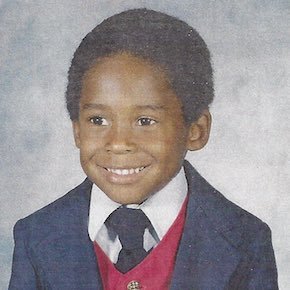
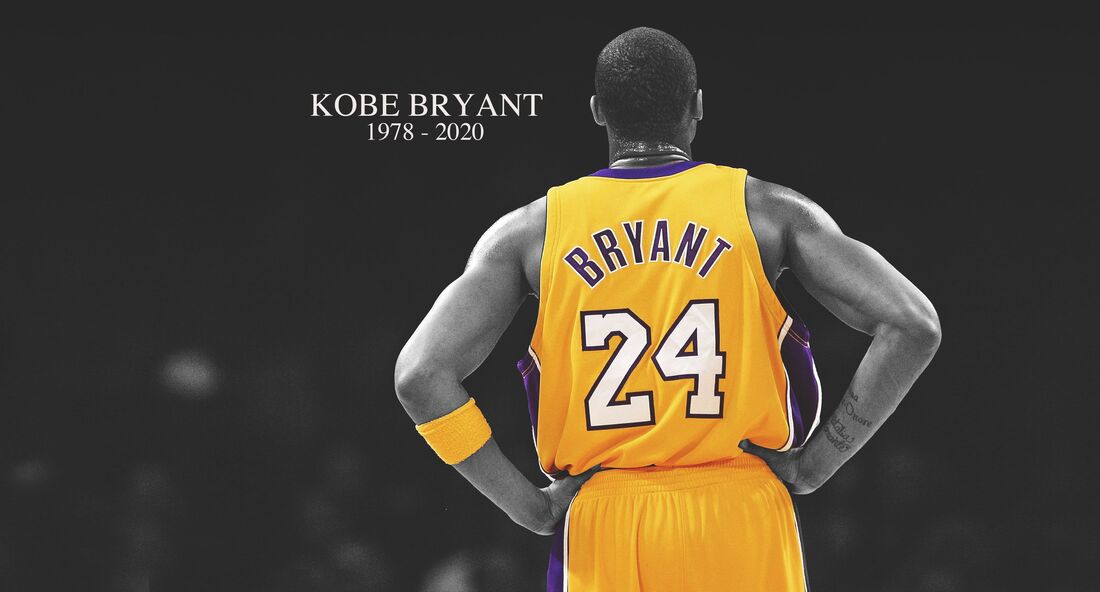
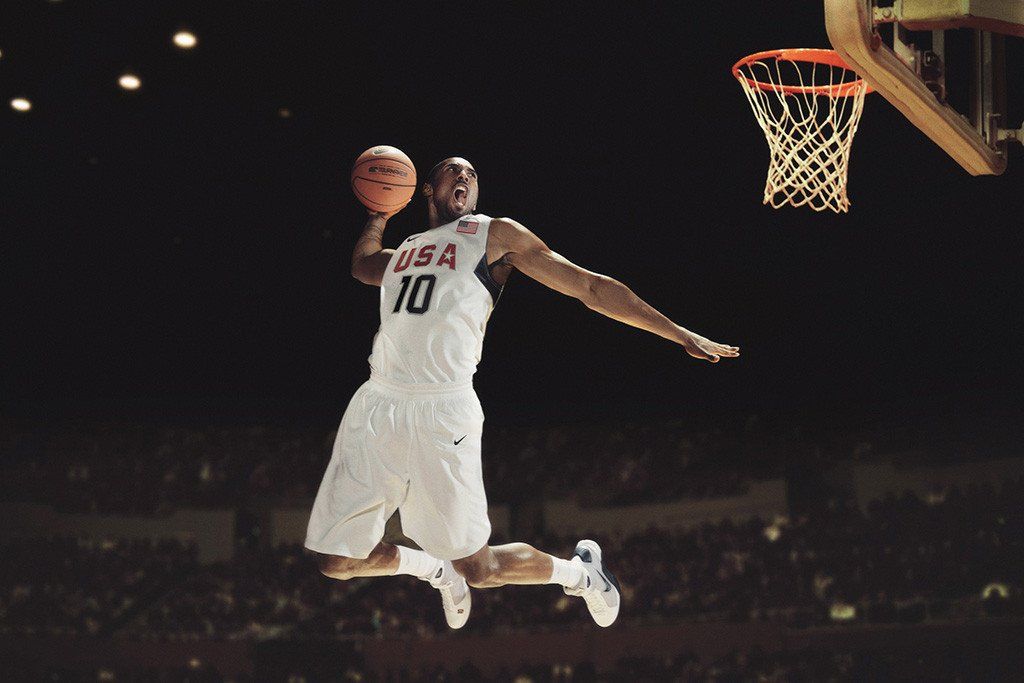
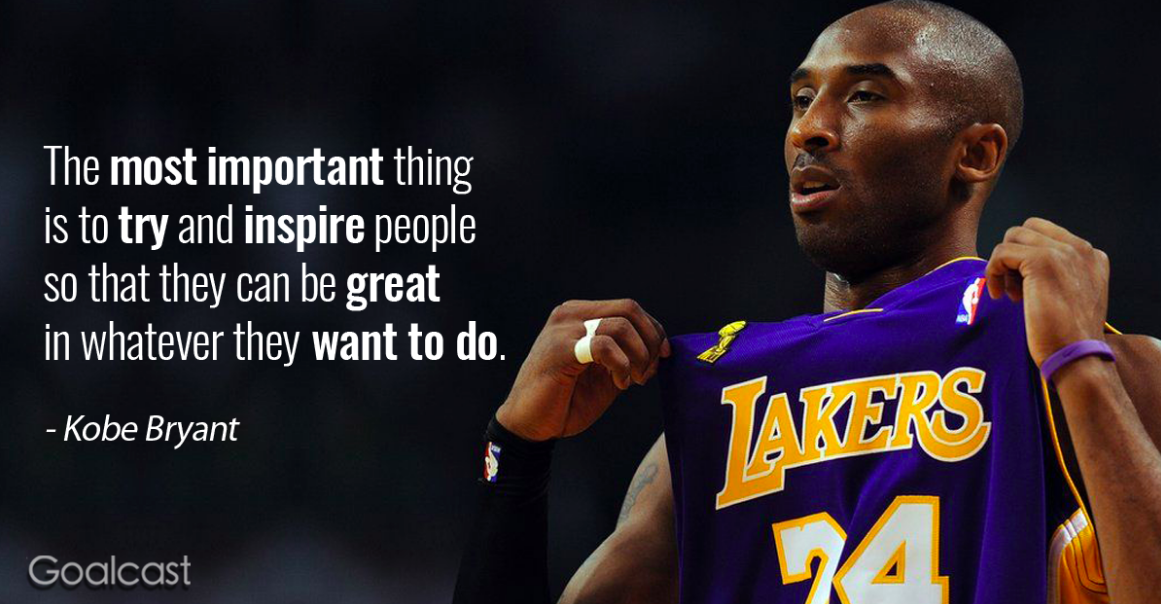
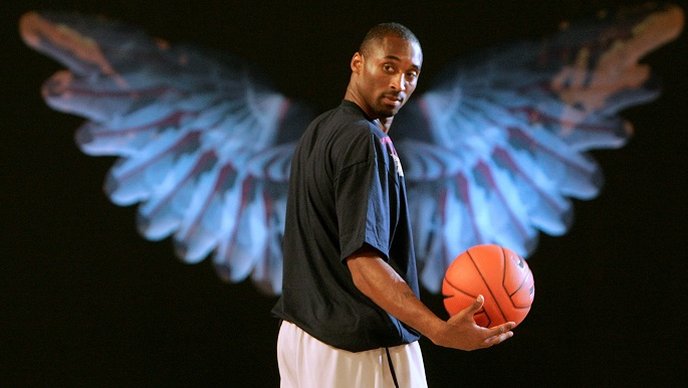
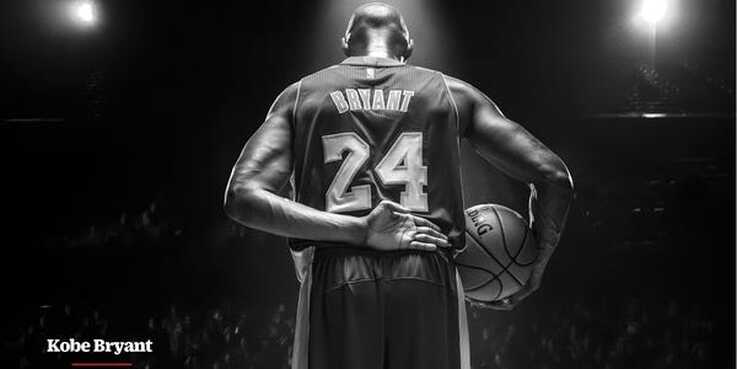
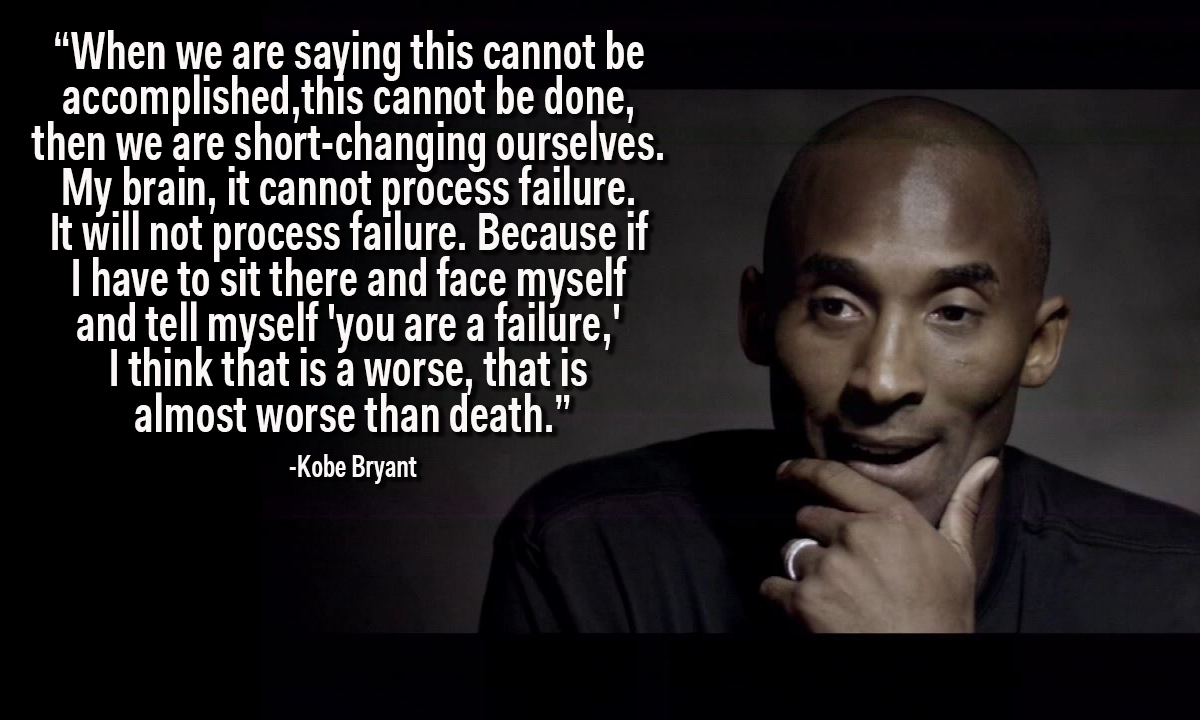
 RSS Feed
RSS Feed